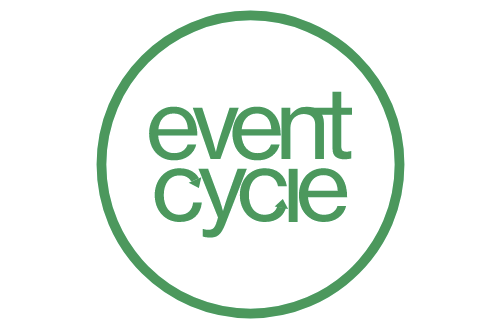A fifth of charities are claiming they are unable to enact improvements to equality, diversity and inclusion (EDI) in their organisation due to lack of financial resources, according to a survey.
The latest data from the Covid-19 Voluntary Sector Impact Barometer found that the most reported barrier to being more inclusive and addressing EDI issues is limited financial resources, cited by 20% of charities.
Meanwhile lack of staff (15%), HR skills and knowledge (12%) and diversity and inclusion knowledge (11%), are among other barriers.
Despite charities citing barriers to improving equality in their organisation, the survey found that the majority (79%) have drawn up plans to improve EDI.
In addition, more than half (59%) have changed their approach to EDI since March 2020.
The most reported changes by organisations in procedures or policies to promote greater equality, inclusion and diversity since March 2020 have been staff training (16%), safeguarding (12%) and staff recruitment (13%).
The survey also found that just under a fifth (17%) of charities have seen greater diversity among service users since the Covid-19 pandemic.
Meanwhile, only 15% are reporting an increase in diversity of their volunteers.
Less than one in ten charities increase workforce diversity amid Covid
Less than one in ten (9%) reported an increase in diversity of their workforce during the health crisis, the survey also found.
The survey also found that “some smaller organisations have been unable to respond to EDI issues due to their own growing needs, changing priorities and the struggle to cope with the challenges of Covid-19”.
One respondent said: “The dynamics of Covid have put a lot of pressure on people, both emotionally and practically.
“Trying to improve on EDI (specifically anti-racism) while all of the Covid issues were also going on has been challenging, but necessary.”
The Barometer is led by the NCVO and Nottingham Trent and Sheffield Hallam universities.
“As lockdown eases, it’s clear that the road to recovery will not be linear for many voluntary and charity organisations, and this has had an impact on the sector’s vital plans for EDI work,” said NCVO research and insight manager Anya Martin.
“The report shows that smaller organisations in particular face challenges with limited funding and resources. However, some organisations have been able to revise their EDI plans during the pandemic.
“Despite the limitations of the funding and financial support available to charities throughout the pandemic, demand for services has remained at an upward trajectory.
“The rise in volunteers at the beginning of the pandemic also saw an increase in the diversity of volunteers working with some organisations.
“As we look to the future it is really important that charities are confident they are continuing to focus on EDI and adopting best practice both within their organisations, and in the services they deliver, to better reflect and support the communities and individuals they serve.”
Nottingham Trent University organisational behaviour professor Daniel King added: “Many interviewees said that Covid-19 gave opportunities reflect and challenge their assumptions, meaning they begun having difficult conversations within their organisations about some of the changes they need to make.
“However, many interviewees recognise there is a long way to go, there are structural and systematic forms of exclusion, from the way organisations are run through to funding.”
Latest News
-
Government ‘slow to tweak’ consumer law to protect charities, MP warns
-
2025: The long-reads
-
City of Culture charity to be supported for further two years
-
Friday funding roundup - 19 December
-
King visits charity founder days before she dies to invest her as a Dame
-
2025: Most-read opinion, diaries, Q&As and more
Charity Times video Q&A: In conversation with Hilda Hayo, CEO of Dementia UK
Charity Times editor, Lauren Weymouth, is joined by Dementia UK CEO, Hilda Hayo to discuss why the charity receives such high workplace satisfaction results, what a positive working culture looks like and the importance of lived experience among staff. The pair talk about challenges facing the charity, the impact felt by the pandemic and how it's striving to overcome obstacles and continue to be a highly impactful organisation for anybody affected by dementia.
Charity Times Awards 2023
Mitigating risk and reducing claims

The cost-of-living crisis is impacting charities in a number of ways, including the risks they take. Endsleigh Insurance’s* senior risk management consultant Scott Crichton joins Charity Times to discuss the ramifications of prioritising certain types of risk over others, the financial implications risk can have if not managed properly, and tips for charities to help manage those risks.
* Coming soon… Howden, the new name for Endsleigh.
* Coming soon… Howden, the new name for Endsleigh.
Better Society

© 2021 Perspective Publishing Privacy & Cookies











Recent Stories